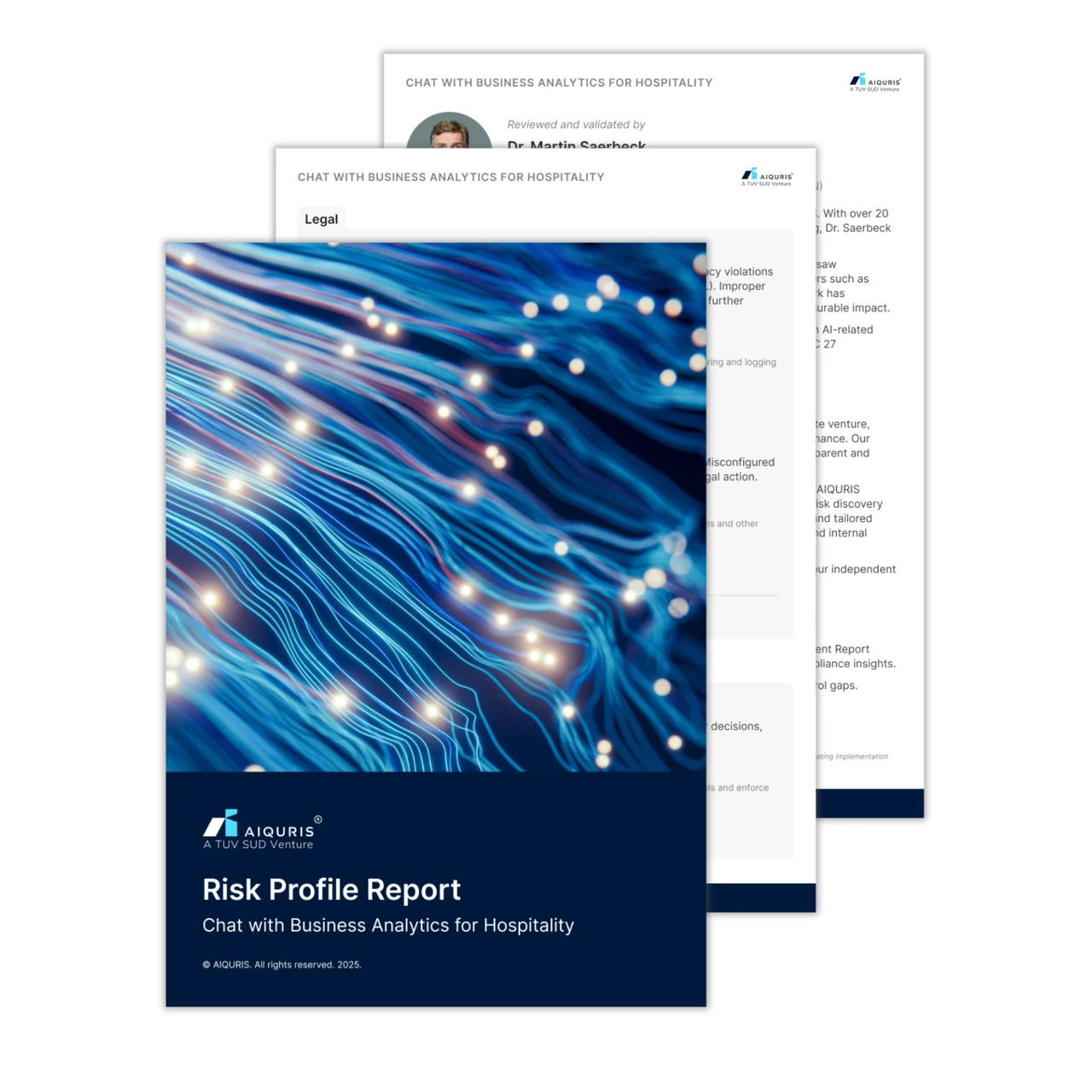As AI adoption accelerates, organisations face a growing ethical dilemma: how to ensure fairness, transparency, and accountability in AI-driven decisions. Without human oversight, AI models risk amplifying biases and making opaque choices. This is where Human-in-the-Loop (HITL) AI plays a critical role—bridging the gap between automation and ethical responsibility.
What is Human-in-the-Loop AI?
Human-in-the-Loop AI refers to systems where human expertise plays a vital role in training and refining AI models. By establishing a robust feedback loop between humans and algorithms, HITL frameworks help mitigate biases that may be inherent in data, ultimately leading to more reliable outcomes. According to Encord1, this collaboration results in smarter AI solutions capable of addressing complex real-world scenarios effectively, ensuring that technology complements rather than replaces human decision-making capabilities.
Collaborative AI: Enhancing Team Performance
Incorporating collaborative AI into workflows transforms machines into supportive teammates rather than replacements for human roles. Tina Huang highlights how HITL empowers teams by enabling AI to analyse extensive datasets while providing actionable insights2. This synergy promotes informed decision-making, significantly enhancing operational efficiency across various sectors.
Real-World Use Cases
Several industries exemplify the need for HITL in AI deployment:
-
Healthcare: In diagnostics, AI models paired with radiologists improve accuracy in detecting conditions such as breast cancer. A 2020 study in South Korea demonstrated that these collaborations increased the accuracy of breast cancer detection by 9.5%, illustrating the effectiveness of combining human insight with machine learning capabilities3. Such partnerships ensure that nuanced clinical judgement can guide AI's analytical power, resulting in better patient outcomes.
-
Automobile Industry: Fraud detection systems greatly benefit from HITL methods; human analysts review flagged transactions to minimise false positives while ensuring genuine threats are not overlooked. Uber’s RADAR prevents payment fraud by reviewing suspicious transactions in real time. AI detects anomalies, but human analysts validate and refine the system’s decisions, ensuring accurate fraud detection and minimal false positives.4
Having examined practical real-world examples of HITL in action, how can organisations address the ethical challenges inherent in AI deployment?
Addressing AI Ethics
Ethical AI deployment requires proactive strategies to address bias, transparency, and accountability. Human-in-the-Loop (HITL) AI is increasingly recognised as a safeguard against unintended consequences, ensuring AI decisions align with ethical and regulatory standards. According to Science Direct, integrating human oversight enhances interpretability and trust, allowing organisations to scale AI responsibly.5
AIQURIS ® helps organisations automate AI risk profiling and ensure compliance-aligned decision-making through Human-in-the-Loop (HITL) systems. By embedding governance checkpoints, detecting biases, and providing real-time risk alerts, AIQURIS ® enables transparent, accountable, and compliant AI adoption, thus balancing automation with human oversight.
The Unique Approach of AIQURIS ®
AIQURIS ® distinguishes itself in the landscape of collaborative AI by delivering a comprehensive platform that seamlessly implements Human-in-the-Loop (HITL) methodologies. Our solution offers unmatched visibility and control over AI-related risks and quality requirements throughout the deployment process, incorporating expert-led risk profiling across six key pillars. With AIQURIS ®, enterprises can confidently harness the full potential of HITL AI while maintaining continuous compliance with regulatory and ethical standards through dynamic, real-time management tools. We empower organisations to build effective workflows that enhance accountability, drive innovation, and integrate risk monitoring, compliance assessments, and mitigation strategies—enabling them to meet evolving regulatory demands and consumer expectations simultaneously.
Conclusion: Embracing Ethical AI with Confidence
As organisations seek to adopt AI technologies, embracing a HITL strategy becomes paramount. Not only does this approach enhance operational efficiency and accuracy, but it also fortifies ethical foundations within AI deployments. By prioritising collaborative AI workflows backed by human oversight, businesses can successfully navigate the complexities of AI implementation while aligning with ethical imperatives. AIQURIS ® positions your organisation at the forefront of responsible AI practices, empowering you to scale initiatives with confidence and control.






